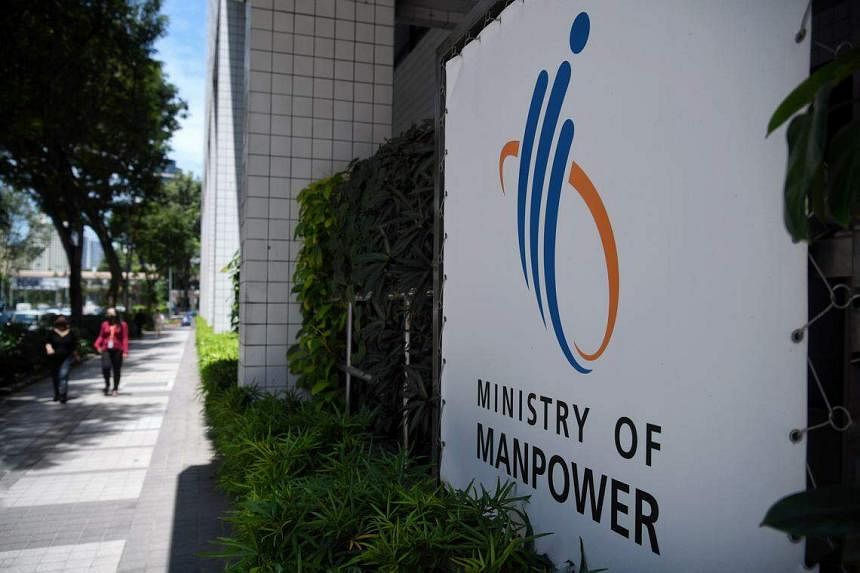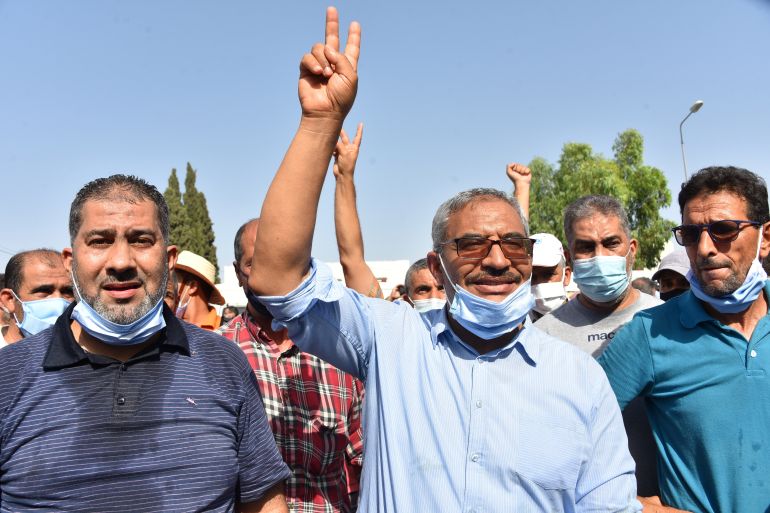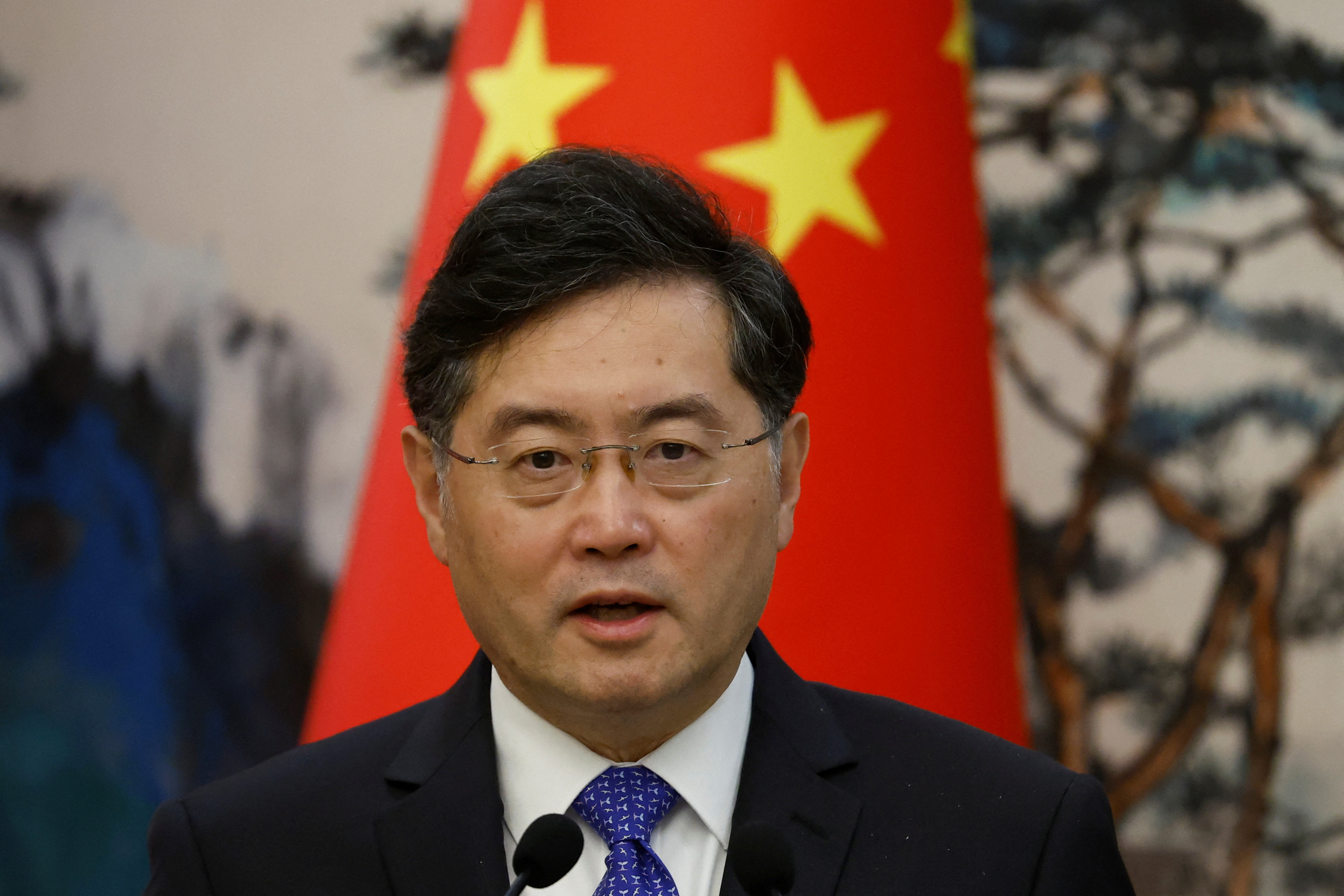OPINION
The 'BlackRock exemption' has no place in the EU's due diligence directive

Protesters at the Youth Led Climate Strike. (Photo: Peg Hunter)
By MYRIAM VANDER STICHELE & JOSEPH WILDE-RAMSING
Thursday (8 June) marks the start of the trilogues to finalise the European Corporate Sustainability Due Diligence Directive (CSDDD).
The CSDDD is Europe's attempt to compel EU-based companies to prevent, address and remedy environmental or human rights risks and adverse impacts in their global value chains. The stakes are high, as the negotiations between officials from the European Commission, the Council, and the Parliament kick off.
One of the most contentious issues up for debate is whether and how the law will cover asset managers and institutional investors.
The parliament's negotiation mandate includes these investors, as defined in Article 2 (e-f) in the Shareholders Rights Directive (SRD II), while the council and the commission afford investors significant derogations from key provisions.
These derogations have become known by insiders as the 'BlackRock exemption', after reports of heavy lobbying by the world's largest asset manager to be exempted from the CSDDD obligations.
However, letting the influential asset management industry, estimated to manage €28 trillion in Europe, off the hook would have severe consequences on the overall effectiveness of how other companies implement their due diligence under the CSDDD to avoid adverse impacts on human rights and the environment, a thorny issue in global value chains.
Influential actors
Asset managers and institutional investors exercise considerable influence over investee companies' strategy, actions, and financing of due diligence and sustainability efforts through various avenues.
Large asset managers and institutional investors are often the top shareholders in publicly-traded companies. They are the primary beneficiary of the dividends and share buybacks of these companies.
Research has exposed how an increasing part of corporate income and profits is transferred to shareholders through dividends and share buybacks, often at the expense of fair remuneration of workers (in the supply chain), research and development, climate transition plans (see Shell example below), and spending on due diligence to avoid negative impacts on people and planet.
This results from asset managers and institutional investors using their significant shareholder voting power to pressure investee companies to focus on maximising short-term shareholder value rather than on the longer-term interests of other stakeholders, which the commission itself has identified as problematic.
In addition to flexing their voting muscle at shareholder meetings, large asset managers and institutional investors influence company strategies and actions by engaging with the investee company's management behind closed doors. While they should be transparent about whether they integrate a long-term perspective in their engagement, according to SRD II, the EC did not yet report whether that is the case, as required by 10 June 2022.
Asset managers also have voting and engagement power by creating various investment funds that combine shares of up to hundreds of companies. An increasing part of these "passive investment" funds simply track the shares' stock market value without any due diligence, blindly following earnings without taking into account the impact they are having on people and the planet.
Asset managers have attracted enormous amounts of investment to their passive investment funds from retail investors who are not interested or informed about how fund managers vote on their behalf at companies' AGMs, resulting in lack of scrutiny and due diligence in the invested companies.
Such lack of scrutiny also happens for 'fixed income funds' that combine corporate bonds. The EU regulates most investment funds via the Directive on Undertakings in Collective Investments in Transferable Securities (UCITS), which the European Parliament proposes to exclude from coverage by the CSDDD, leaving a legal loophole that must be addressed.
Large asset managers like BlackRock also invest and manage assets on behalf of pension funds and smaller institutional investors, who often do not scrutinise how their asset manager is voting or using their assets to finance companies through bonds.
In addition, BlackRock's vast high-tech platform, Aladdin, to manage risks, advise on portfolio holdings and link investors to the world's financial markets, is estimated to cover at least 10% of globally traded shares and bonds. Whether or not Aladdin is legally obligated to integrate environmental and social impacts of companies will have an enormous influence on how investors behave.
Undermining the energy transition
Investor influence can be illustrated by what is happening in the oil industry. In February 2023, BP's share value rose by 10% following its announcement to reduce its climate ambitions. Since, Shell's management declared that renewables are not profitable enough. It blatantly stated at Shell's 2023 AGM that more oil and gas investments were needed to provide more "competitive" shareholder value. Shell's CEO Sawan's primary concern is that the total value of Shell's shares traded on stock exchanges is almost half of that of its US rivals Exxon and Chevron, notwithstanding having returned US$ 26 billion to its shareholders in 2022.
During their engagement before the AGM, a "growing number of major investors" reportedly pressed Shell to focus on higher financial returns "rather than energy transition plans".
BlackRock (10.6%) and Vanguard (3.4%) are Shell's largest shareholders. 80% of the shareholders voted in favour of Shell's current minimal actions to advance the energy transition and against a shareholder resolution urging for swifter actions.
This will influence Shell's future strategy and investment plans, including not implementing a Dutch court ruling that ordered it to reduce its climate-harming emissions by 45% by 2030 compared to 2019.
Long 'value' chains not sufficiently defined
Most asset managers and institutional investors own less than 1% of the shares of the many listed companies in which they invest as a standard strategy to reduce the risk of financial losses. These investors seldom do self-scrutiny and due diligence regarding AGM voting, preferring to rely on advisory firms instead. The proxy vote advisory business is dominated by two US firms: Institutional Shareholder Services (ISS) and Glass-Lewis. The proxy vote advisory firms can ultimately have a huge influence on companies' behaviour but are not explicitly covered by CSDDD.
The 'value' chain continues, with asset managers satisfying their shareholders with high dividends and share buy-backs. BlackRock returned US$4.9 billion to its shareholders in 2022, including $1.9 billion in share buybacks. And the largest shareholders of BlackRock are…big reveal…Vanguard (9%) and BlackRock (7%) itself.
BlackRock recommended its own shareholders to vote against resolutions to disclose whether BlackRock can engineer decarbonisation and its investment has social and environmental impacts. Asset managers have vehemently opposed the CSDDD to avoid lost profits from the costs of finally undertaking due diligence related to the myriad of companies whose shares and bonds they manage or advise on.
An opportunity that shouldn't be missed
With the CSDDD, there is an opportunity to harness the power of investment for truly sustainable activities. But to do this, the CSDDD must not allow the "BlackRock exemption" and instead cover institutional investors and asset managers to avoid that their various channels of influence drive company decisions in the other direction.
It is only by obliging all financial and non-financial companies to invest in due diligence that prevents, avoids and remediates negative social and environmental impacts that the CSDDD can be effective.
AUTHOR BIO
Myriam Vander Stichele is a senior researcher at SOMO and an expert on the financial sector.
Joseph Wilde-Ramsing is director of advocacy at SOMO and an expert on due diligence.






 Ennahdha party MP Sahbi Atig, centre, demonstrates against President Kais Saied's suspension of parliament and dismissal of the prime minister on July 26, 2021 [Jdidi Wassim/SOPA Images/LightRocket via Getty Images]
Ennahdha party MP Sahbi Atig, centre, demonstrates against President Kais Saied's suspension of parliament and dismissal of the prime minister on July 26, 2021 [Jdidi Wassim/SOPA Images/LightRocket via Getty Images]